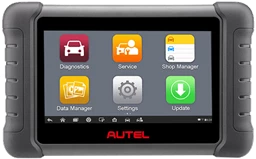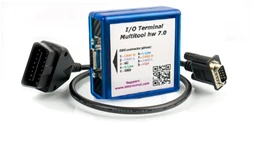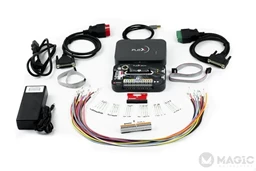Vehicles with internal combustion engines use gasoline, diesel or LPG as fuel. In electric vehicles, this is different. Electric cars, like all other electrical goods, work with electrical energy.
Vehicles with internal combustion engines have a fuel tank, while electric cars have a battery system. Just like in mobile phones, electric energy is stored in batteries in electric cars, and as the battery gets low, the vehicle is charged and the battery is filled.
There are various types of charging to recharge the batteries.
Types of charge available for charging the batteries of electric cars:
These charge types are divided into classes in terms of the features they have. Fuel types in vehicles with internal combustion engines could vary, for example, regular, premium fuel types at gas stations. These fuel types could affect the performance of the vehicle.
However, the difference in electric vehicle charging types is a difference that mostly concerns charging time. Some charging types take a very long time to charge, while others take a very short time.
If we talk about these charging types, they are;
Conventional Charge (16 amps), Semi Quick Charge (32 amps) and Quick Charge.
Conventional charging: In this type of charging, 8 hours are needed for the vehicle to be fully charged.
Houses with 16 ampere and 230 volt electrical density are used in this charging type. For this reason, vehicles should be left to charge overnight for full charging.
Semi-Ready Charging: In this type of charging, the full charging time is 4 hours. In this type of charging, an energy density of 32 amps and 230 volts is needed.
Fast Charging: This type of charging is just like in the new generation phones. It takes about half an hour to charge 80 percent of the battery. After 80 percent, the charging speed slows down a bit.
Unlike other charging types, an output power of 50 kW can be produced in this charging type. This requires a special infrastructure.
Briefly speaking, there are various types of charging for electric vehicles. These charging types are only related to charging times. In some charging types, a full charge takes 8 hours, while in others, 80 percent charge takes half an hour.
However, it should be noted that these charging times are for full charging capacity.
There is no need for a full tank in vehicles with internal combustion engines, and there is no need for full charging capacity in electric vehicles.










.webp?size=256)

















 Cihazı.webp?size=256)






